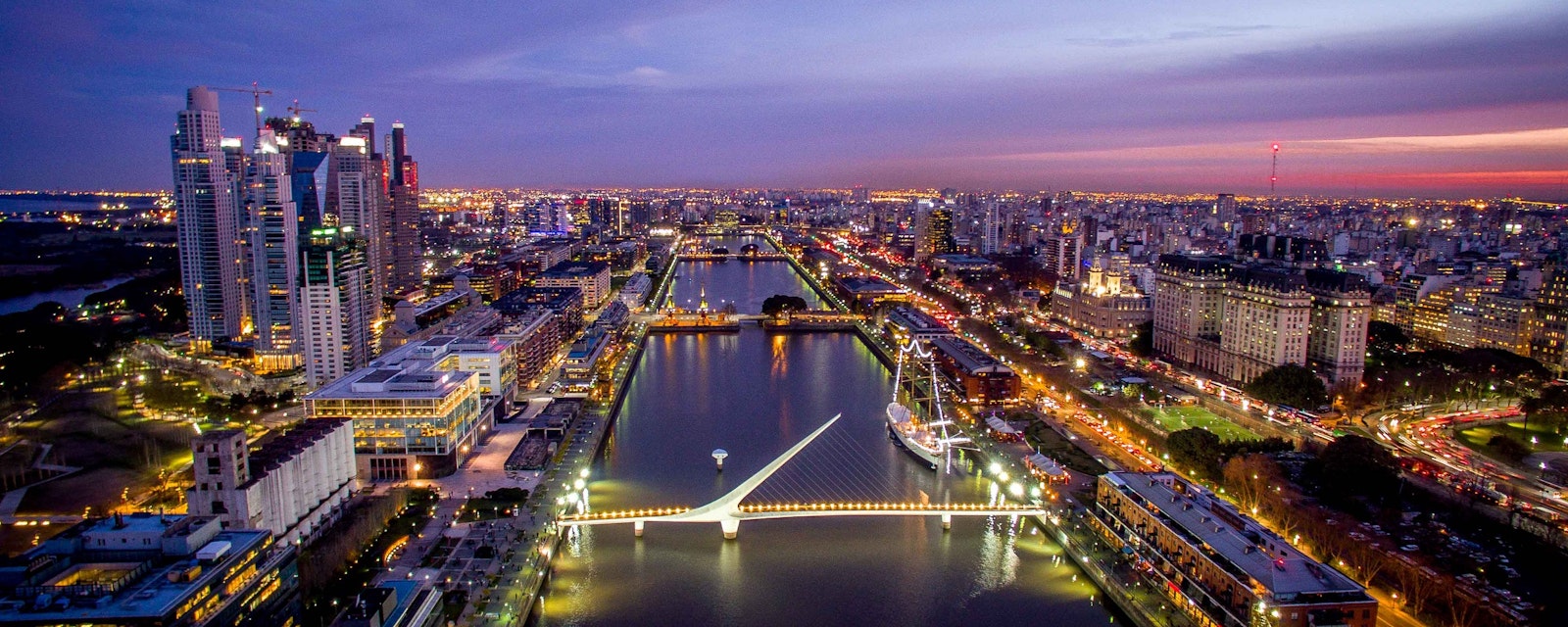This week, Mexico’s Andres Manuel Lopez Obrador (AMLO) has moved one step closer to ensuring his National Regeneration Movement (Morena) party retains the presidency in 2024. In Colombia, with under a fortnight to go before the run-off presidential vote, the populist candidate Rodolfo Hernandez appears to have shut the door on an alliance with centrists.
Meanwhile, Argentina’s government has lurched into another bout of internal feuding. In Chile, President Gabriel Boric has reversed his sliding popularity. Finally, regional ambivalence towards the US will be in evidence at what is likely to be a relatively low-key regional summit being held this week.
Mexico
Preliminary results from the gubernatorial elections held in six states yesterday, 5 June, show that the governing National Regeneration Movement (Morena) has won four governorships. The results are in line with earlier polls. Although Morena and its allies failed to win Aguascalientes and Durango, President Andres Manuel Lopez Obrador (AMLO)’s coalition will now control 22 out of Mexico’s 32 states. The party is now well positioned to win the state of Mexico (Edomex) gubernatorial election next year as a prelude to the 2024 presidential election, which AMLO wants his yet-to-be-confirmed successor to win at all costs.
Colombia
Talks between Rodolfo Hernandez and Sergio Fajardo, the centrist who finished fourth in the first round of the presidential election, were supposed to resume today, 6 June. However, over the weekend Hernandez rejected the idea of an alliance, which prompted Fajardo and his allies to confirm that discussions about an alliance were at an end. Incorporating elements of Fajardo’s manifesto would have enhanced Hernandez’s flimsy policy program and helped dispel fears that a Hernandez presidency would risk weakening Colombia’s institutions. Polls carried out in the week since the first-round vote mostly show Hernandez with a narrow lead over the leftist Gustavo Petro. At least one poll puts Petro narrowly ahead, while the number of undecided voters exceeds the gap between the two candidates, which makes the coming days crucial for the outcome. The run-off will take place on 19 June.
Argentina
Just when the government’s internal feuding looked to have plateaued, hostilities resumed on 4 June as Vice-President Cristina Fernandez (CFK) forced out Production Minister Matias Kulfas. Kirchneristas had long been gunning for Kulfas, who was one of President Alberto Fernandez’s few genuine allies in the cabinet. Kulfas had criticized the Kirchnerista-managed tender process for a proposed gas pipeline that will link the Vaca Muerta shale deposit to a future natural gas export hub. The departure of Kulfas leaves Finance Minister Martin Guzman more isolated, Fernandez looking weaker, and the administration newly off balance. Fernandez and Guzman will try to counter this pressure and placate CFK with a bill for a new windfall tax on profits deriving from recent commodity price gains that will be unveiled today, 6 June. Meanwhile, the flawed early tendering for the gas pipeline hardly inspires confidence in Argentina’s ability to fulfil its energy export potential.
Chile
President Gabriel Boric has undergone a bounce in his popularity thanks to a well-received state-of-the-nation address last week. The latest Cadem poll shows an eight-point increase in Boric’s approval rating to 44% following his speech. At the same time, those saying they intend to vote in favor of the new constitutional draft has also risen to 42%, or only three points below those saying they will vote to reject the new constitution (45%); 13% remain undecided. The figures highlight the interplay between Boric’s popularity and perceptions of the new constitution. Boric and his principal lieutenant Giorgio Jackson have also been emphasizing what could be a persuasive campaign argument – that without a new constitution, much of their ambitious reform agenda would be more difficult to enact.
Region
The Summit of the Americas – a regional heads of government meeting – takes place this week in Los Angeles. Preparations for the summit got bogged down by regional political posturing, some of it opportunistic, some of it a reflection of broader power shifts, after the US – as hosts – said that they would not be inviting Cuba, Nicaragua, or Venezuela because of their human rights failings and undemocratic governments. The move makes it almost certain that Mexico’s Andres Manuel Lopez Obrador (AMLO) will not attend; AMLO has said that he will instead undertake an inspection of recent hurricane damage in Oaxaca state. Mexico’s Foreign Minister Marcelo Ebrard is likely to go in AMLO’s place. The absence of AMLO, as well as a handful of other regional leaders, is likely to make for a relatively muted summit, with few, if any, significant or concrete regional policy agreements.





